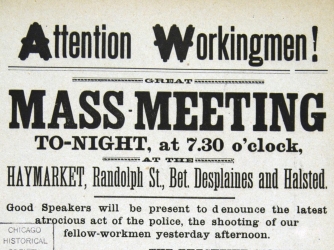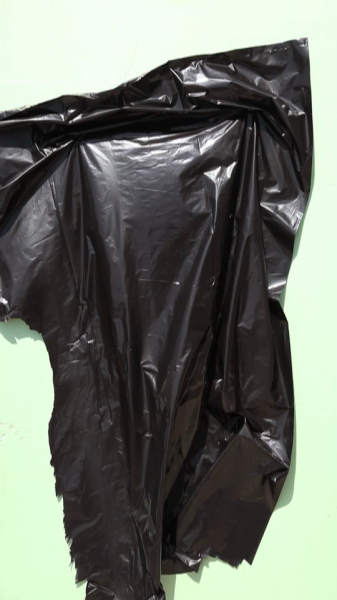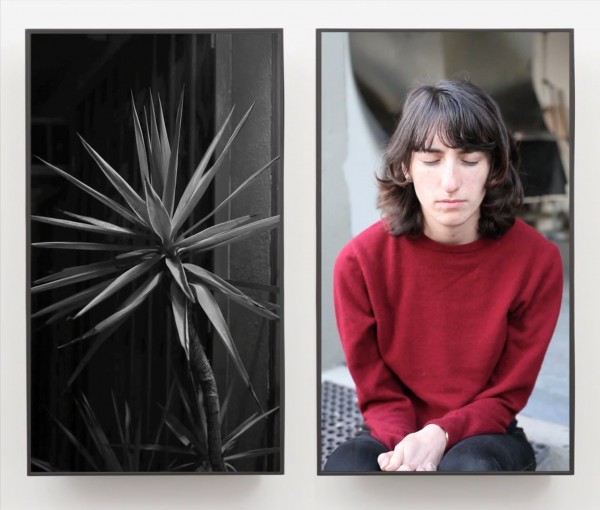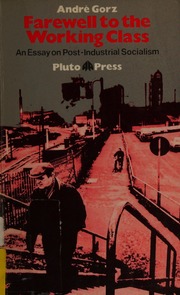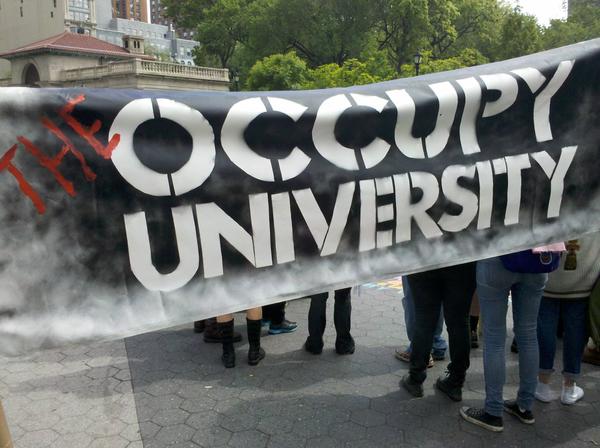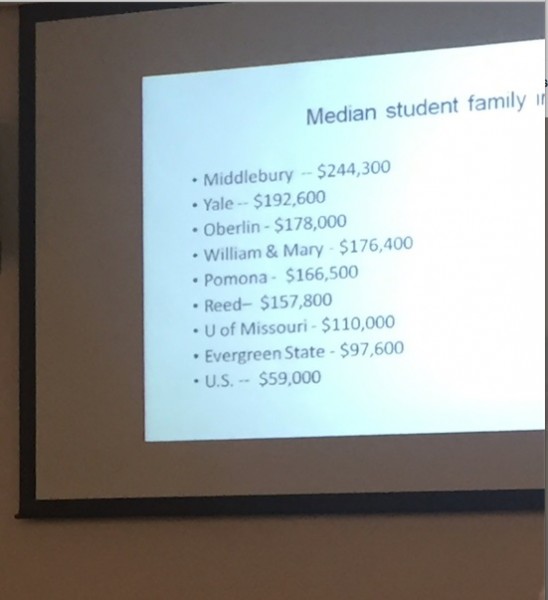
The Political Economy of Anti-Racism
This is why some of us have been arguing that identity politics is not an alternative to class politics but a form of it: it’s the politics of an upper class that has no problem with seeing people left behind as long as they haven’t been left behind because of their race or sex. And (this is at least one of the things that Marx meant by ideology) it’s promulgated not only by people who understand themselves as advocates of capital but by many who don’t.

